|
Playing the piano can be a powerful tool for overcoming fear. Whether you're afraid of failure, public speaking, or just trying something new, the piano can help you build confidence and resilience. Here are some ways that playing the piano can help you overcome your fears:
0 Comments
1. Remember that health comes first This includes the health of your family, teachers, and community. Follow the necessary guidelines to keep yourself and those around you as healthy as possible. Be patient in taking good care of yourself. Use music as a tool for self-care and emotional wellbeing. 2. Enhance your creativity by approaching pieces in new ways
Use this opportunity to revisit old pieces. You may add new interpretations, dynamics, phrasings and anything that makes you feel happy and expressive. 3. Explore new pieces with familiar sounds Think of your favorite theme songs, or great classics that you adore. Put your energy into the sounds and feelings that you would like to connect with and express at your instrument. 4. Share your music with others Use this opportunity to uplift others in your home by playing for them. You may also touch the hearts of those in the greater community by playing online. 5. Monitor how you feel and reach out for help Depression, anxiety, and other conditions can affect you and your loved ones immensely. This is also a time in which you must be patient with yourself in order to avoid exhaustion, burn-out or over assertion. Balance your time and energy as you see fit and be sure to have as much professional and emotional support as possible. Having a good piano teacher can provide many mental health benefits for students. Here are some ways in which a good piano teacher can support mental well-being:
Playing the piano together can bring couples closer and create a stronger bond. Here are some ways that learning to play the piano can enhance your marriage:
1. Mastering Piano Technique
Learning jazz piano can bring several benefits for pianists who want to improve their skills. Jazz piano requires a high level of technical proficiency, particularly when it comes to playing complex chord progressions and fast runs. It can help you improve your finger dexterity and strengthen your muscles, which will make it easier for you to play more complex pieces in any genre. 2. Complex Harmonies and Musicality Jazz piano is known for its complex harmonies, rhythms, and melodies, which can help you develop your musicality and improve your ability to play with feeling and expression. Jazz pianists often experiment with different voicings and chord substitutions, which can help you learn to think outside the box and play more creatively. 3. Self-Expression Through Improvisation One of the hallmarks of jazz piano is improvisation. Jazz pianists are expected to be able to improvise over any chord progression, which requires a deep understanding of music theory and the ability to think on your feet. By learning jazz piano, you'll improve your ability to improvise and become more comfortable playing in a variety of musical contexts. 4. Exploring Jazz Sub-Genres and New Musical Styles Learning jazz piano will expose you to a wide variety of musical styles, from traditional jazz standards to more modern fusion and contemporary styles. This will help you expand your musical horizons and give you a deeper appreciation for the rich history of jazz music. 5. Social Connections and Collaboration Opportunities Jazz music is a social art form, and learning jazz piano can help you connect with other musicians and performers in your local music scene. This can lead to new opportunities for gigs, collaborations, and other musical projects, which can help you grow as a musician. Overall, learning jazz piano can be a rewarding and enriching experience for any pianist looking to improve their skills and broaden their musical horizons. April showers bring May flowers, as the saying goes. But did you know that April showers can also inspire beautiful music on the piano? The sound of raindrops hitting the ground, the pitter-patter of drops on rooftops, and the calming rhythm of a gentle downpour can all serve as inspiration for piano compositions. Here are some ways that April showers can relate to the piano:
Playing the piano can be a transformative experience, not just for your musical skills but also for your emotional well-being. One of the most powerful emotions that can be cultivated through playing the piano is love. Here are some ways that playing the piano can cultivate love:
As a parent, there are many ways you can support your child in their piano lessons. Here are some additional ways to help your child excel in their piano studies:
As we enter a new year, it's important to prioritize our mental health and well-being. Playing the piano can be a great way to reduce stress and anxiety, and there are many resources available to help support our mental health. In this post, we will explore some piano tips for mental health as well as some mental health resources that are available.
Piano Tips for Mental Health:
Are you considering learning how to play the piano but don't have the time or resources to attend traditional piano classes? Online piano lessons could be the solution you're looking for! With online piano lessons, you can learn to play the piano from the comfort of your own home, on your own schedule. Whether you're a beginner or an experienced pianist, online piano lessons can offer numerous benefits such as flexible scheduling, personalized instruction, and access to a variety of learning resources.
Although times are very different, learning and teaching virtually has been active for many years.
Students are able to learn using a wide array of resources and structured instruction provided by the teacher. We use music as a tool of comfort, growth, and expression for students of all ages. For centuries the teaching of the piano has been in a state of evolution. Given that the COVID-19 Pandemic has changed the nature of education, this is an excellent reflective piece regarding student comfort, health, and technique at the piano.
1. Student Comfort Level Students need ample personal space, and their comfort level can be significantly affected if a teacher is not mindful of their proximity. Even beloved teachers are often close enough for the student to smell what they had for lunch; This can be distracting or uncomfortable during a lesson. Ample space will bring greater joy and comfort to students who are eager to learn. 2. Health and Wellness Close student-teacher proximity in piano lessons may result in a high transmission rate of contagious illnesses. For this reason, many piano teachers have strict cancellation policies that insist that students stay home if they are sick. Some piano teachers frequently get sick as students often directly cough and sneeze on the keys in their face or direction without remembering to cover their mouths. 3. Effective Teaching and Observation Skills Some teachers sit incredibly close to students throughout the lessons, often placing their students' hands on their own as they play to demonstrate a particular feeling or movement. The effectiveness of such a demonstration is up for debate. Some teachers guide students through visualization and imitation prompts without the use of physical touch. Styles and approaches vary by philosophies, regions, and how a teacher was trained in their own educational journey. From a pedagogical standpoint, a proximity that is too close would limit the visibility of a student's posture, full-body technique, and movement. Some great teachers often teach from various locations in a single lesson; This may be standing up, switching sides, and listening and watching from multiple distances. Advanced teachers can identify what is going on with their eyes closed and need not be in extremely close proximity to the student throughout the duration of the lesson. Best practice means that teachers have their own seats and only share a bench temporarily or if necessary. It is of utmost importance for students to have comfort and independence on sitting on their bench unless they are very young and require seating support and supervision. The priority must always be the comfort and safety of each and every student. PIANO TEACHER PRINCETON, NJ: FINDING THE PERFECT INSTRUCTOR If you are looking for a piano teacher in Princeton, NJ, you are in the right place. Princeton is renowned for its rich academic heritage and vibrant arts community. Home to the prestigious Princeton University and Westminster Choir College, the town exudes a cultured atmosphere perfect for nurturing musical talent. 5 Tips for hiring a Piano Teacher in Princeton, NJ 1. When searching for a piano teacher in Princeton, prioritize instructors with strong academic backgrounds and connections to local cultural institutions. 2. It's a plus if they have connections to Westminster Choir College or Westminster Conservatory. 3. Look for teachers who emphasize a blend of classical training and contemporary techniques, ensuring a well-rounded musical education that aligns with Princeton's sophisticated environment. 4. Whether you're seeking classical piano lessons, private instruction, or specialized training from Princeton University piano teachers, finding the right instructor involves considering their academic credentials and community involvement. 5. An instructor's active participation in local cultural events and recitals can enrich their connection to the local music scene, providing students with a broader perspective and deeper musical engagement. 6. Sign up early! Many studios start filling up for fall sessions now, so securing your spot in advance is recommended. Playing
Playing the piano is simply sitting down at the instrument and recreating what you were already able to do. It is often for relaxation, enjoyment, and exploration. When playing the piano, the focus is on the joy of music rather than technical improvements. When playing, it is common for pianists to start from the beginning and to gloss over mistakes without making meaningful corrections due to the emphasis on being easy going, playing up to speed, and being expressive and free-spirited, Playing is good for your wellbeing, your heart, and your mind. It is the essence of being a musician. Seasoned musicians who constantly only practice are encouraged to make room for play. Enjoy your skill level and your victories through play. Remember how important it is to appreciate what you can do at your current skill level through play. Practicing Practicing involves working on specific technical or musical challenge in a methodical and deliberate way a certain number of successful times before moving on to the next goal. Practicing means breaking a piece of music down into small sections, starting from different parts in the music, playing with one hand at a time, playing way under tempo, studying the dynamics and finger numbers, learning the form, the theme, the keys, the chord progressions or other concepts and patterns in the music. Practice means having the piece sound very taken apart instead of put together. Because of this reason, a lot of musicians are self-conscious when practicing because it may sound very elementary and deconstructed to anyone listening in. The deconstruction of the music is just a part of the process of learning in a way that is technically efficient, meaningful and can result in an impressive level of understanding, expression, and mastery in a short amount of time. Performing Performing at the piano is the act of presenting a piece of music to an audience with the goal of entertaining, inspiring, or moving them emotionally. Performing involves a heightened level of stage presence, expression, and interpretation. The focus is not only on technical precision but also on conveying the emotions and meaning behind the music. This type of playing requires a great deal of preparation and practice, including working on dynamics, phrasing, and musical interpretation. It is important to note that performance skills are developed through practice and include some very exciting and fun ways of being on stage, breath control, how to mess up, how to hold and interpret music, and more. Music selection is a collaborative process.
1. Some pieces selected by the teacher are pedagogically geared to develop certain skill sets and can be the foundation upon which other pieces will be more easily learned. 2. Some pieces can be fun, flashy or dramatic sounding while being easy to moderately hard, and are taught using the various technical skills you've already developed. 3. Other pieces may appear to be quite hard - although it is certainly within your reach if it is assigned to you. Such pieces are broken down into small achievable steps and are incredibly rewarding when completed. Having a varied repertoire is such a great part of enjoying music that you can successfully and easily play while learning pieces that bring you to another level of expertise. The nuance of repertoire selection is a delicate and major part of developing students who feel love and accomplishment for their musical achievements while feeling inspired to learn even more. The role of a piano teacher is crucial in the development of a student's skills and abilities. While it's possible to learn the piano on your own through online tutorials and instructional materials, a good piano teacher offers many benefits that can't be replicated through self-teaching.
Personalized Guidance One of the primary advantages of having a piano teacher is the personalized guidance they can provide. Every student is unique, with their own strengths, weaknesses, and learning style. A good piano teacher can assess a student's abilities and tailor their teaching approach to match the student's individual needs. They can provide feedback, identify areas for improvement, and offer solutions to overcome challenges. Detailed Technical Progress When a student is working independently, it can be easy to get off track, lose motivation, or develop bad habits. A piano teacher can help to keep a student on track, providing structure and consistency to their learning process. They can set goals, assign tasks, and monitor progress, providing a sense of accountability that can be difficult to replicate on one's own. Encouragement and Support A good piano teacher can also offer inspiration and motivation. Learning the piano can be a challenging and sometimes frustrating process, particularly for beginners. A teacher can provide encouragement, support, and positive reinforcement, helping students to stay motivated and engaged. They can also share their own passion for music, inspiring students to continue practicing and pushing themselves to new heights. Valuable Expertise Additionally, a piano teacher can offer valuable insight and knowledge about music theory, technique, and performance. They can help students to develop a strong foundation in these areas, which is essential for becoming a skilled pianist. A teacher can also provide guidance on selecting appropriate repertoire, developing a practice routine, and preparing for performances or auditions. 1. Listening and Playing Together
Learning the piano with siblings can also foster a sense of collaboration and teamwork. They can work together to practice pieces, offer feedback, and support each other's progress. Playing duets or ensemble pieces together can improve their communication skills, musicality, and ability to listen and respond to others. It can also create a stronger bond between siblings and provide a shared hobby and interest. 2. Creative expression Music can be a wonderful outlet for creative expression, allowing siblings to explore their individuality and develop their own unique voices. This can help build confidence and self-esteem, which can be beneficial for siblings as they navigate the challenges of growing up. 3. Lifelong gift Learning to play an instrument is a lifelong gift that can bring great memories, joy and enrichment to a person's life for years to come. Unlike sports, which may be more time-limited, music can be a passion that siblings can continue to pursue and enjoy together for the rest of their lives. Music has the power to transcend age and time, and many professional composers and pianists have continued to create and perform well into their old age. Here are just a few examples of musicians who proved that age is no barrier to making great music:
Welcome Back! I hope everyone had a wonderful summer.
Here are some reminders for lessons for this new fall season. 1.Be sure your piano is tuned - this is very important for ear training and pitch accuracy. 2.Be mindful of changes in your students' growth as this affects positions at the piano. 3.Be engaged in the discussion of goals including repertoire, competitions, national music exams, or other possible performances and milestones. 4.Set a memorable practice schedule. Remember quality over quantity is FIRST. Once good practice habits are established, the length of practice may increase. 5.Revisit repertoire lists from the past in order to maintain memorization, technique and performance skills. Your teacher will help you with all of these tips! Have fun! Learning to play the piano with proper technique is crucial to avoid the need for unlearning and re-learning in the first place. It can be a frustrating journey when you realize that you've been playing with bad technique or incorrect habits. This can happen when you first learn the piano without a teacher, or when you've been taught by someone who may not have been experienced enough to correct your technique. Fortunately, it's never too late to unlearn and re-learn the piano with the right guidance.
The process of unlearning and re-learning the piano requires patience, discipline, and a willingness to let go of old habits. It's important to maintain a qualified piano teacher who can identify the mistakes you've been making and guide you towards the correct technique. This may involve starting from scratch with basic exercises and scales to build proper finger and hand positioning, or breaking down complex pieces into smaller sections to focus on specific technical skills. Unlearning and re-learning the piano can be a humbling experience, but it's also an opportunity to develop a stronger foundation for your playing. As you work with your teacher to correct your technique, you may find that you are able to play with greater ease and fluidity. This can also prevent injury or strain on your hands and wrists, which can occur when playing with incorrect technique over a long period of time. It's important to remember that unlearning and re-learning the piano is a process, and progress may not happen overnight. Consistent practice and a positive attitude can help you overcome any frustration or setbacks along the way. By embracing the process of unlearning and re-learning, you can develop a deeper understanding and appreciation for the piano, and achieve your goals as a musician. 1. Take Lessons/Practice Pausing any new skill that requires practice may result in slipping backwards and having to review or repeat past lessons. Continuing to take lessons is the most effective way to retain old and current skills as well as to build new ones. If you can’t find a teacher in person, online lessons are also great. If you can't do online lessons either, gently practice on your own and follow the instructions in your notes. 2. Watch Your Videos Video clips that you have recorded of yourself should be kept in a folder where you can watch and review all of the pieces that you’ve learned to play. Imagine playing along as you listen. When you’re unable to take lessons or practice much, the videos will help to boost your memory. 3. Read Your Music Reading music away from your instrument is a great way to retain information regarding the notes and dynamics. Students who visit repertoire or music books outside of the lesson develop a heightened sense of awareness regarding notation, patterns, hidden melodies, or other musical gems.
In New York City, with its rich cultural tapestry and vibrant arts scene, finding the perfect piano teacher can be an exciting journey. Finding the right piano teacher in New York City means discovering someone who aligns with your musical goals and has a lot to offer whether you're looking to learn as a hobby or to achieve professional goals. Here are some tailored tips to help you locate the right piano instructor:
Visualization is a powerful technique that can help piano players of all levels improve their performance. Visualization involves creating mental images or scenarios in your mind to help you prepare for a future performance or practice session. This technique has been used by many professional athletes, musicians, and performers to improve their skills and achieve their goals. Visualization is a mental technique that involves creating images, scenarios, or sensations in your mind that replicate real-life experiences. When it comes to piano practice, visualization can help you to create a mental image of the piece you're playing, including the notes, rhythm, and dynamics. By visualizing the music in your mind, you can improve your ability to play the piece by reinforcing your muscle memory and improving your mental focus. Visualization works by activating the same neural pathways in your brain that are used when you're actually playing the piano. When you visualize a piece of music, your brain creates neural patterns that are similar to those created when you physically practice the piece. This means that visualization can help to strengthen the neural connections in your brain, leading to improved performance and faster learning. Tips for Effective Visualization If you're new to visualization, there are some tips you can follow to make the technique more effective:
|
AuthorJodi Ann Russell, Ed.D., M.M., B.M., N.C.T.M. brings a warm emphasis on mindfulness, relaxation, creativity and technique in personalized piano lessons and master classes Archives
July 2024
Categories |



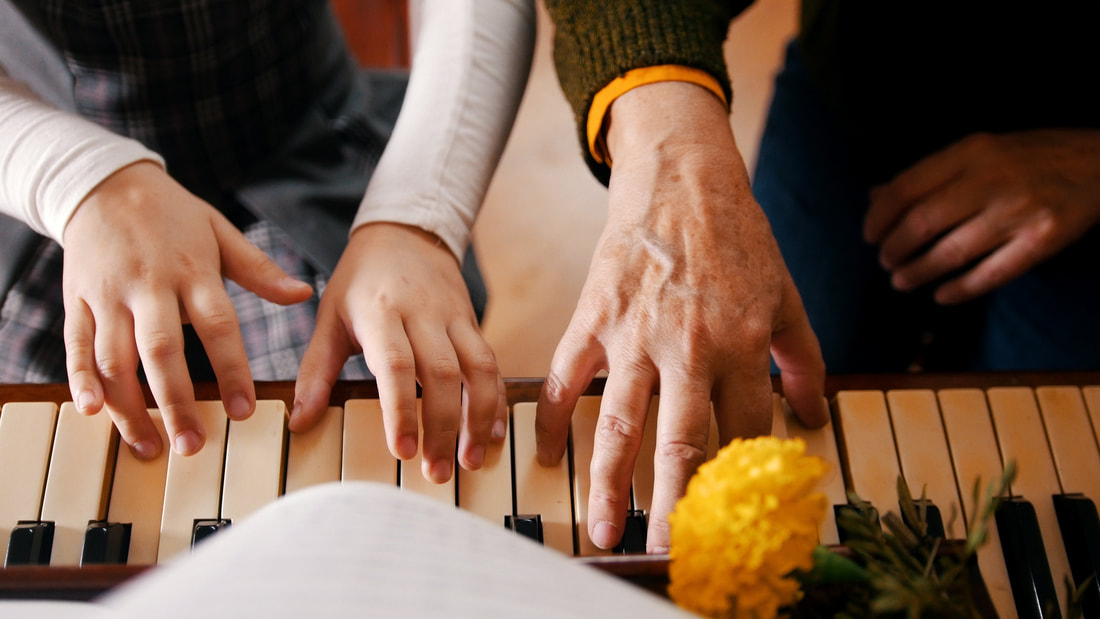
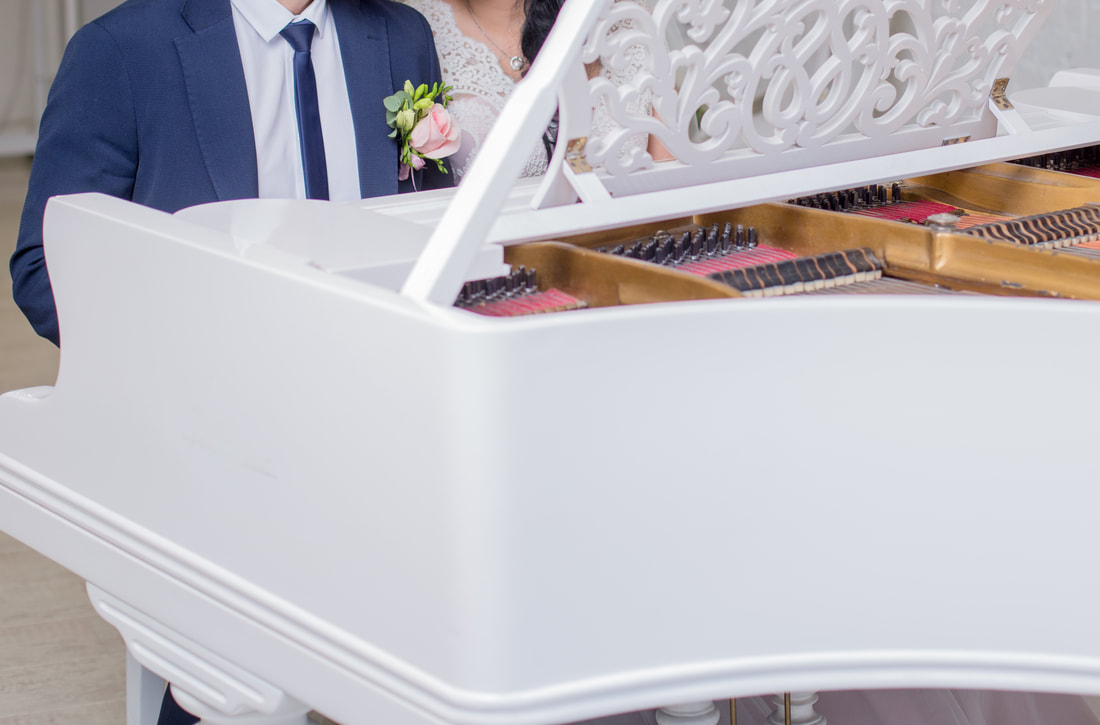
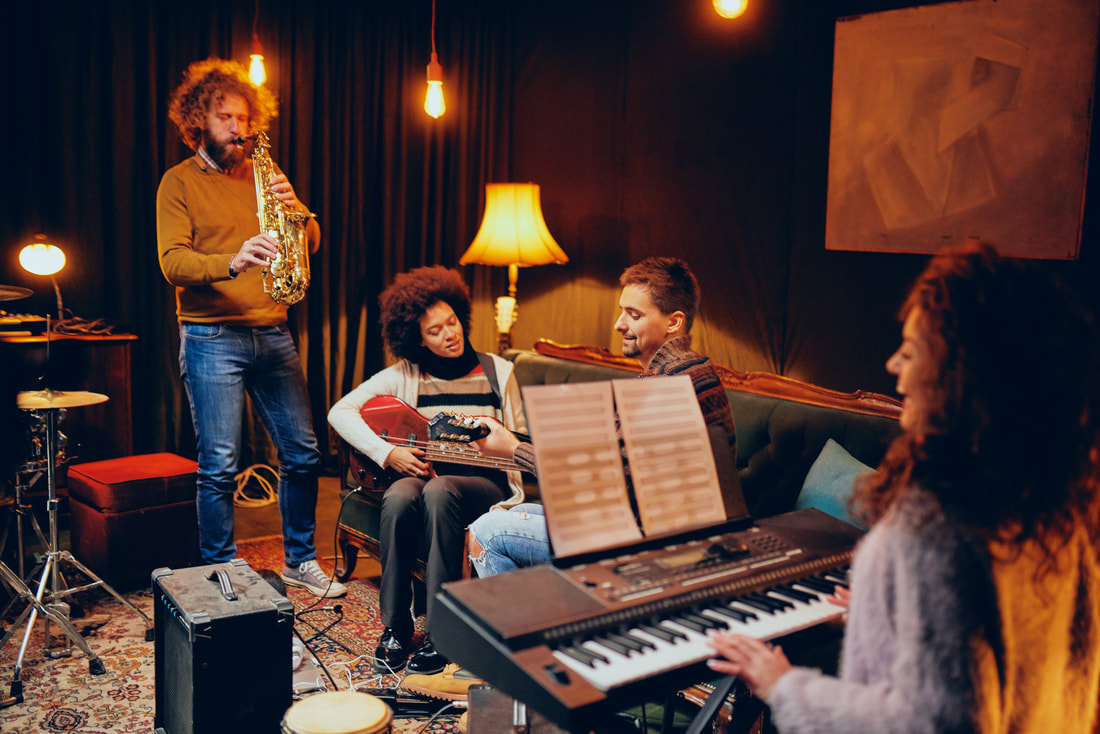
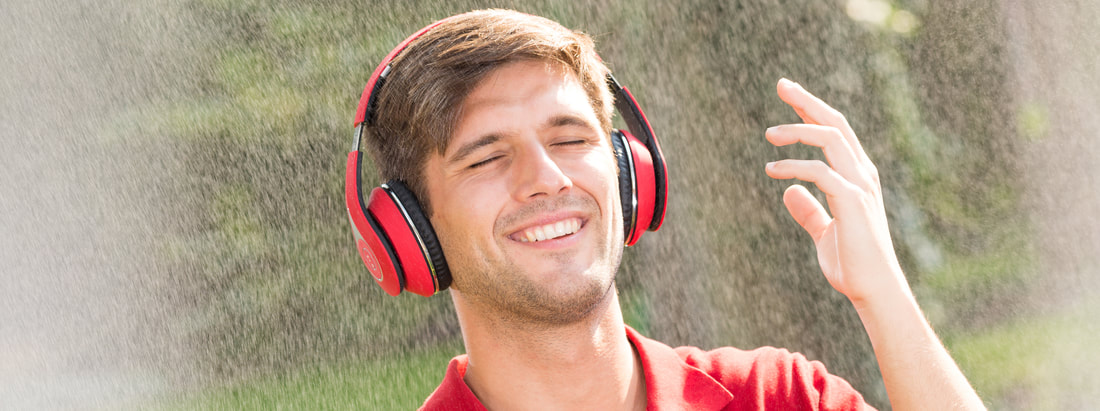
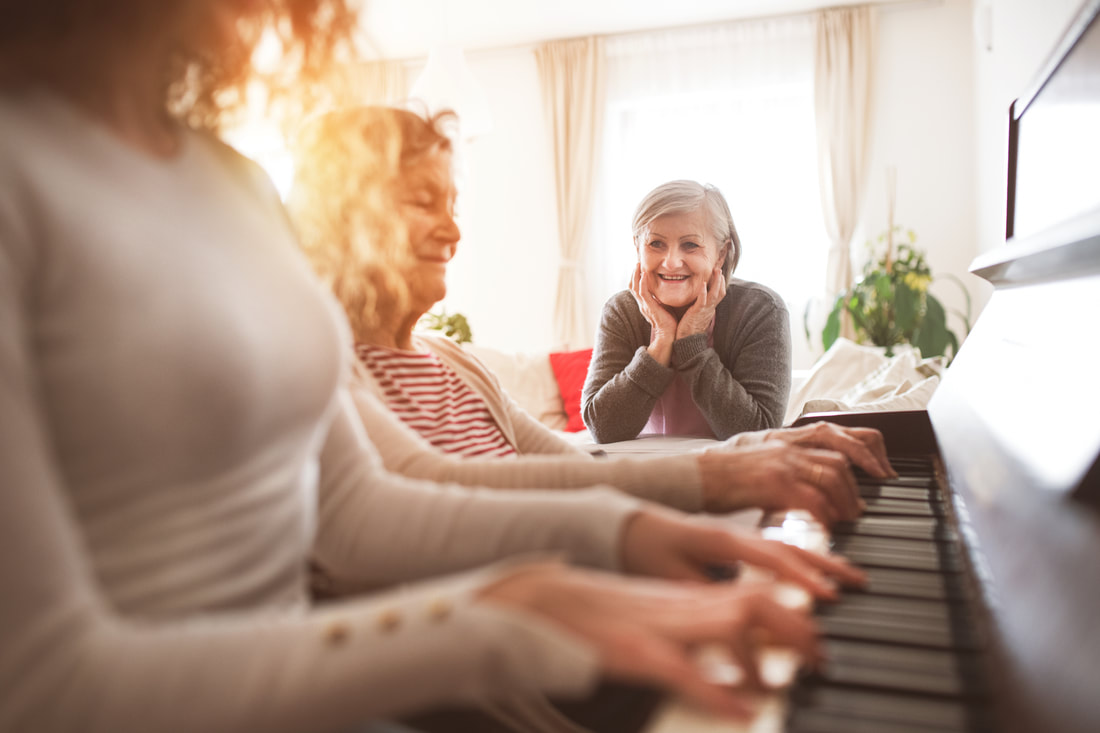

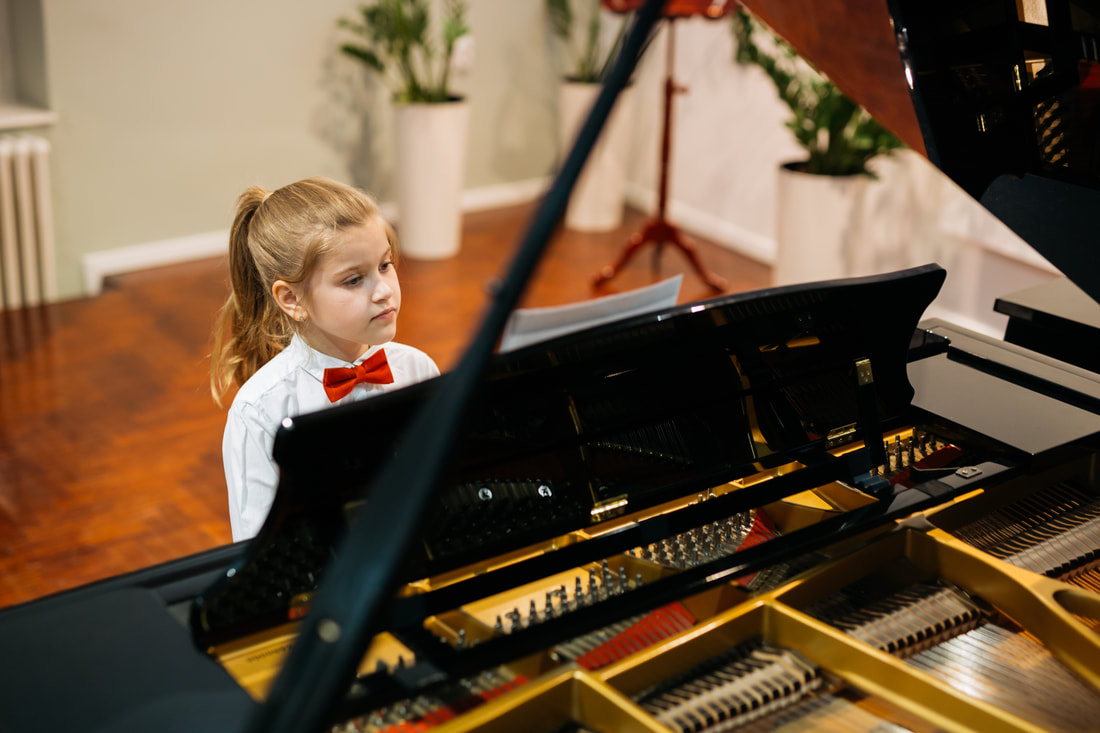
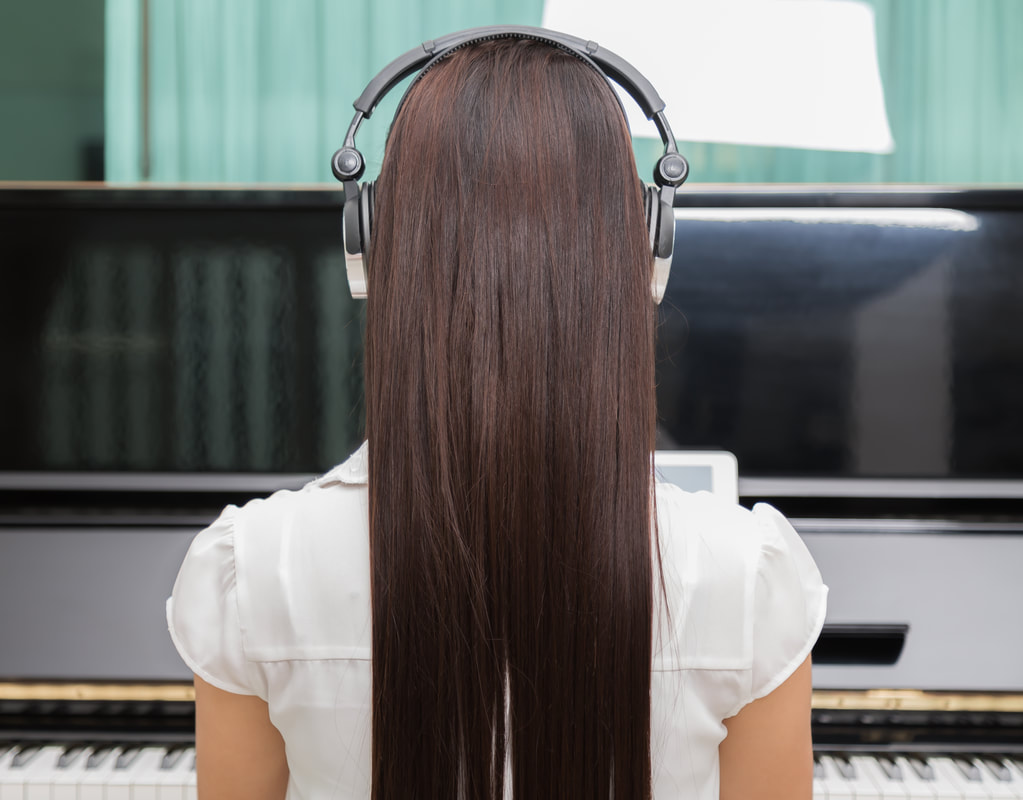
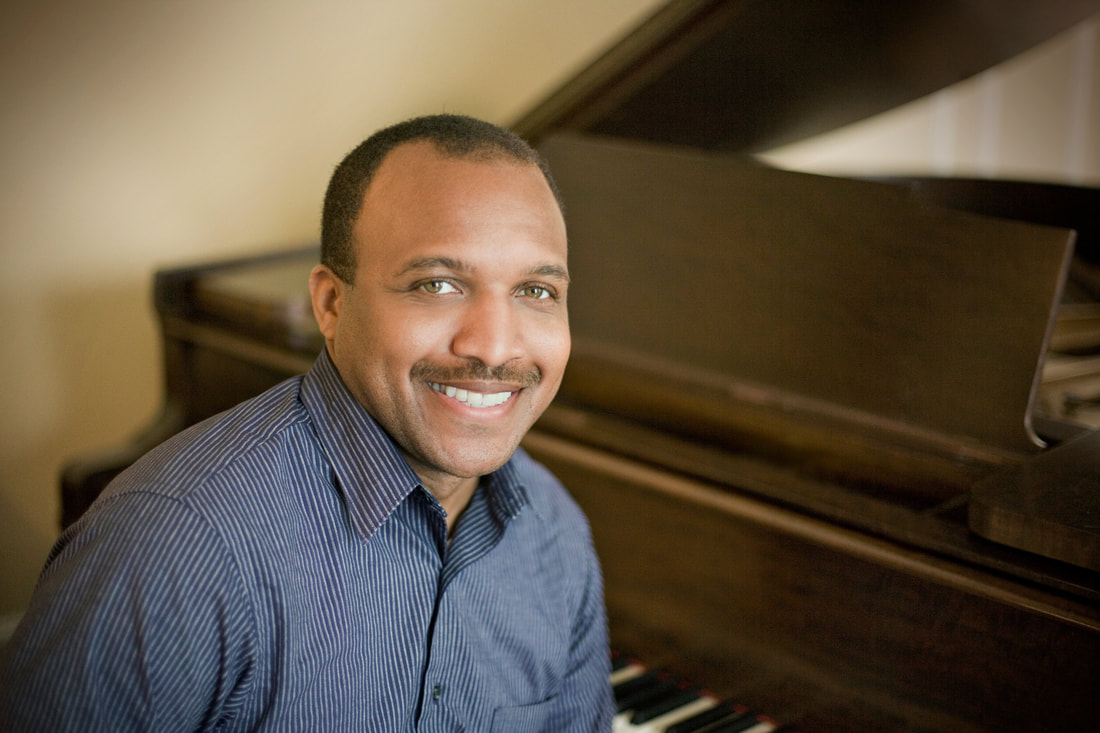
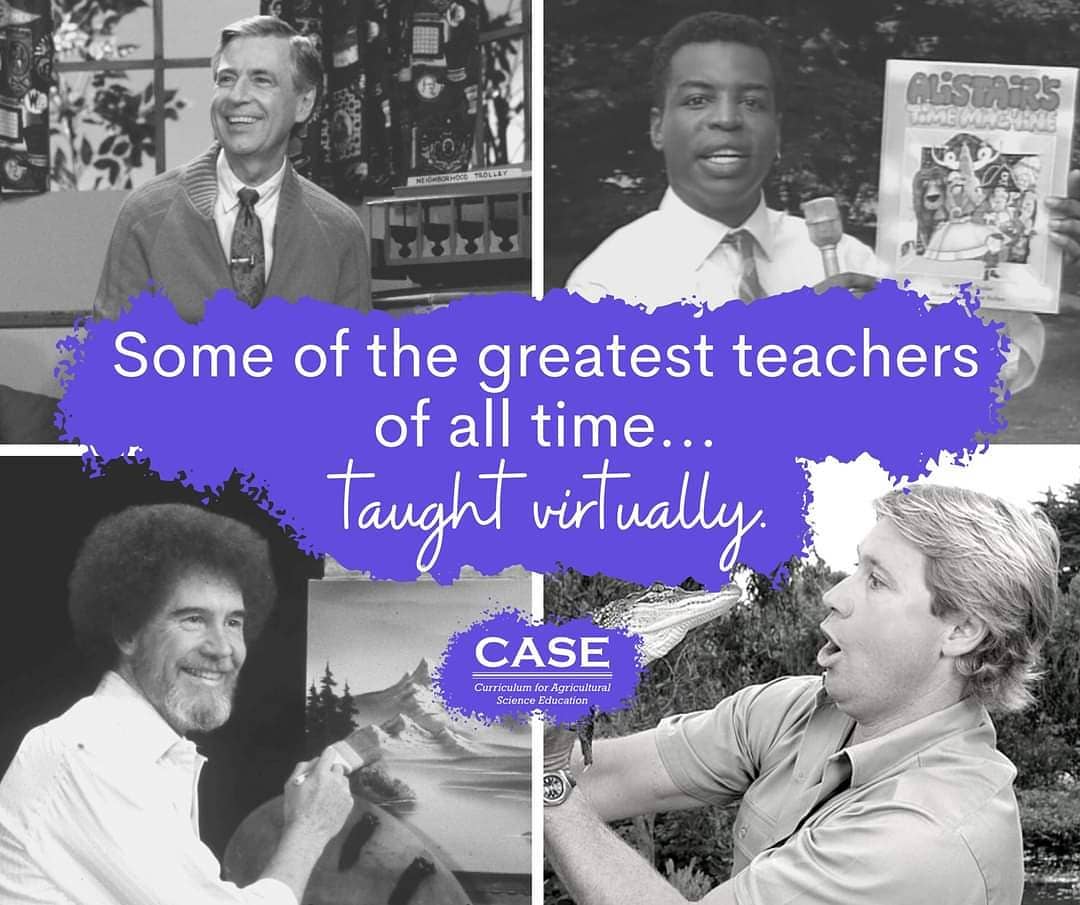
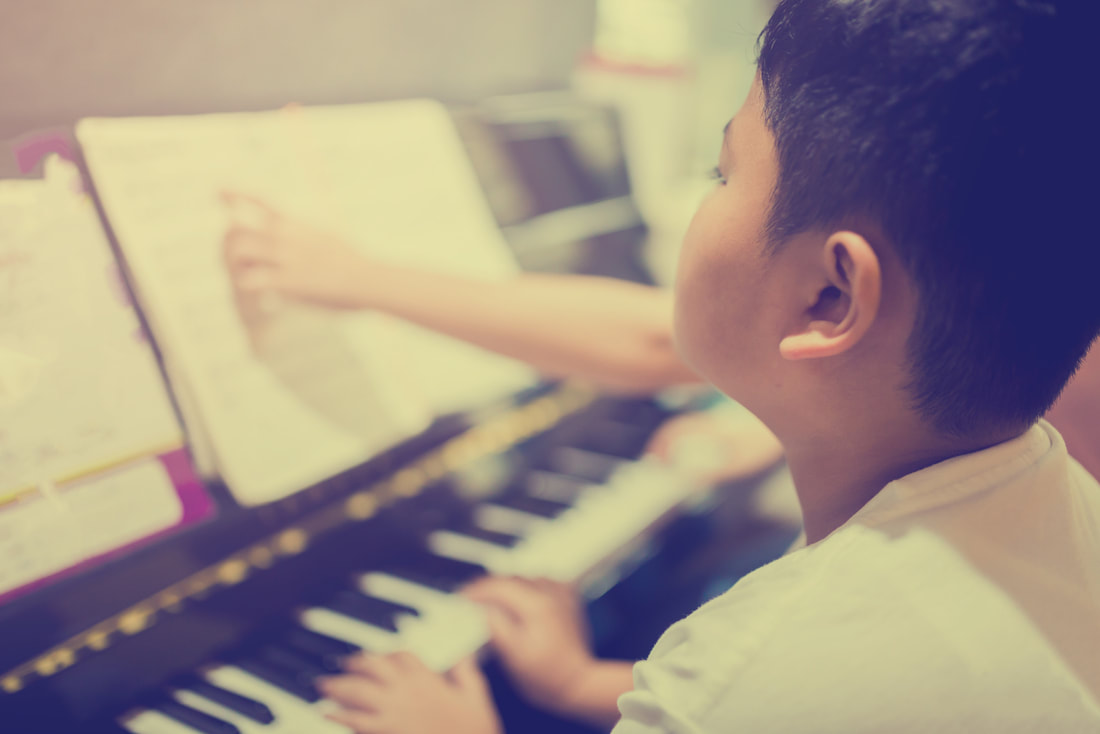

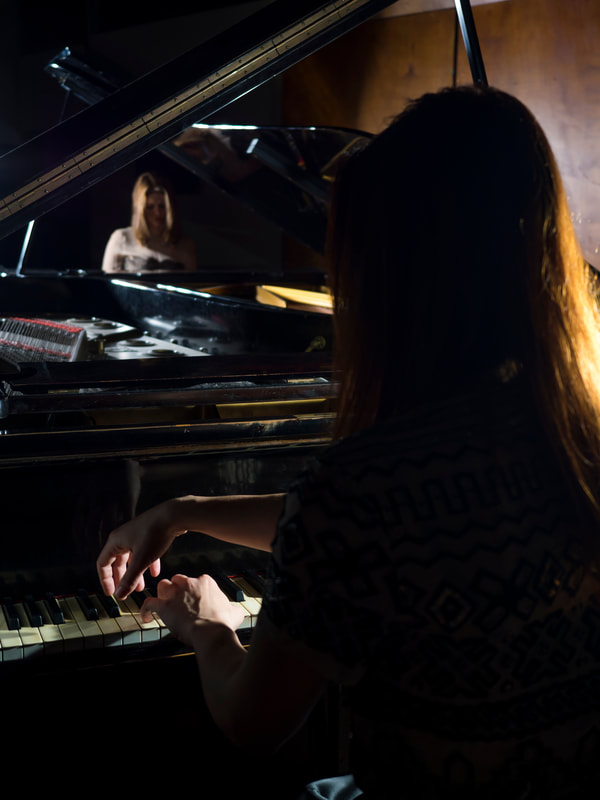
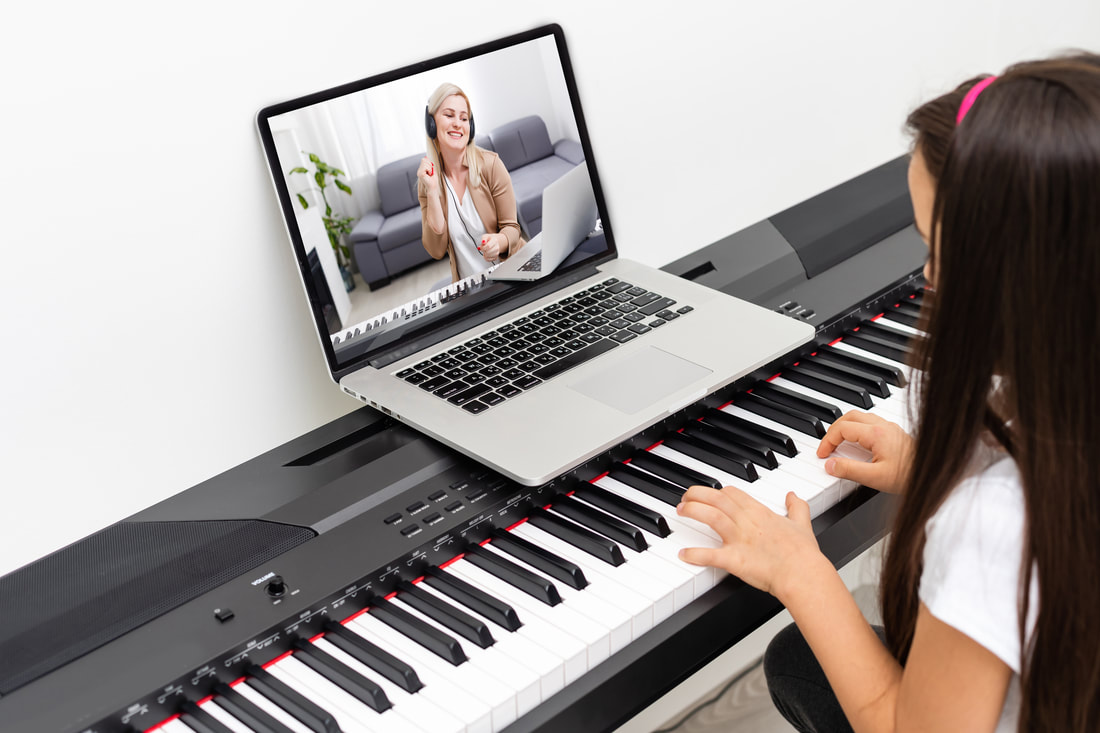

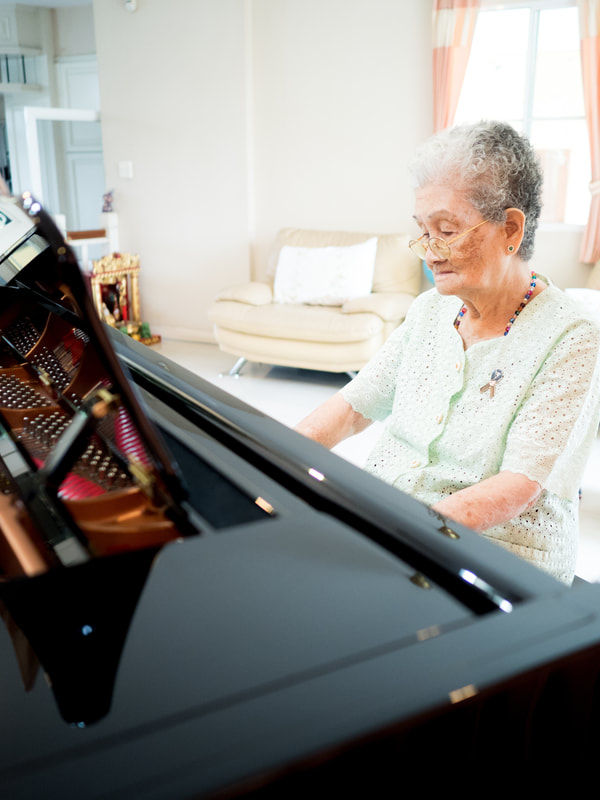

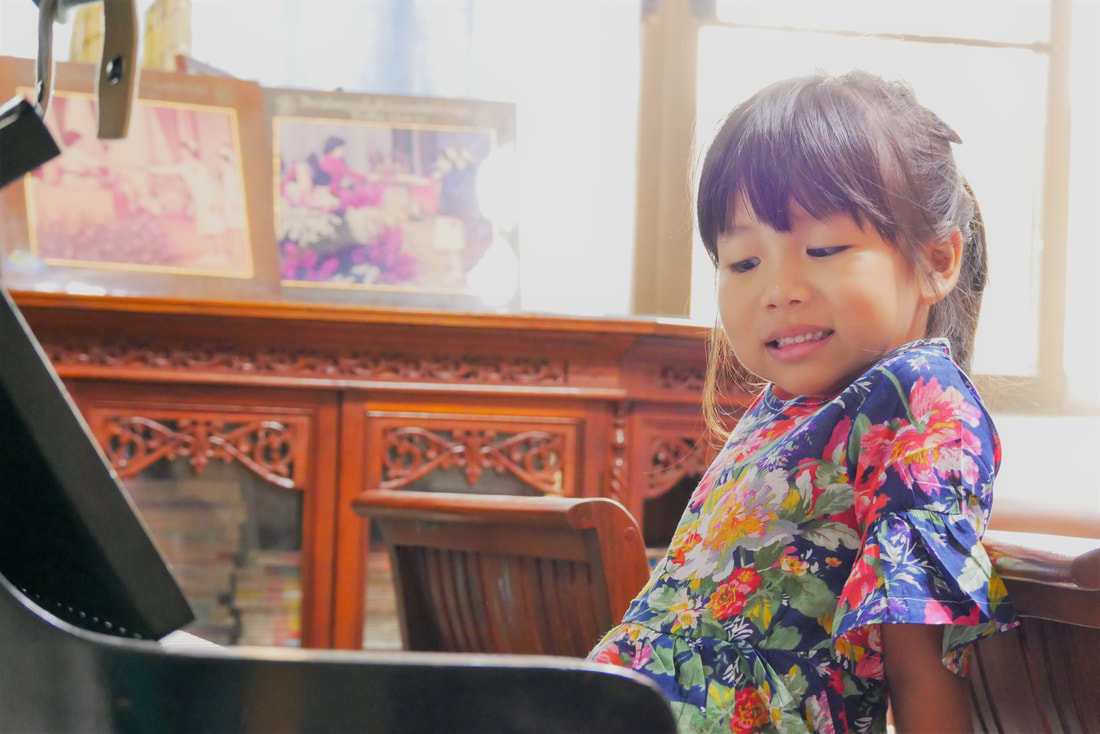

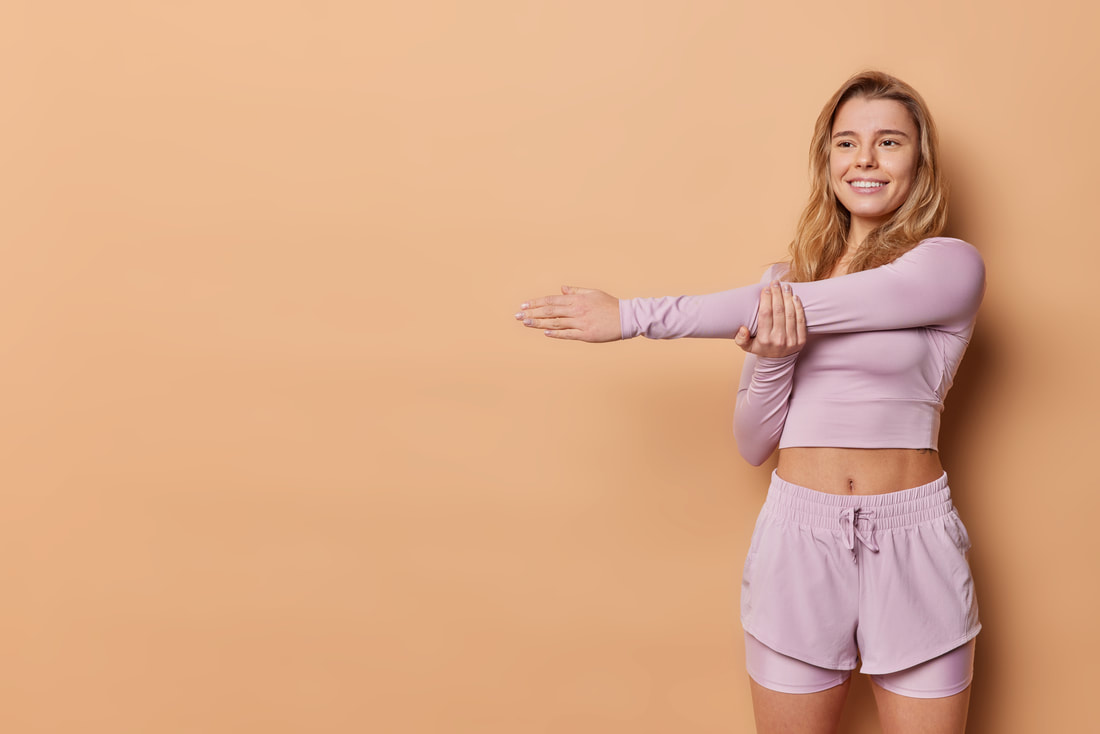


 RSS Feed
RSS Feed